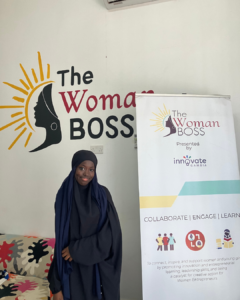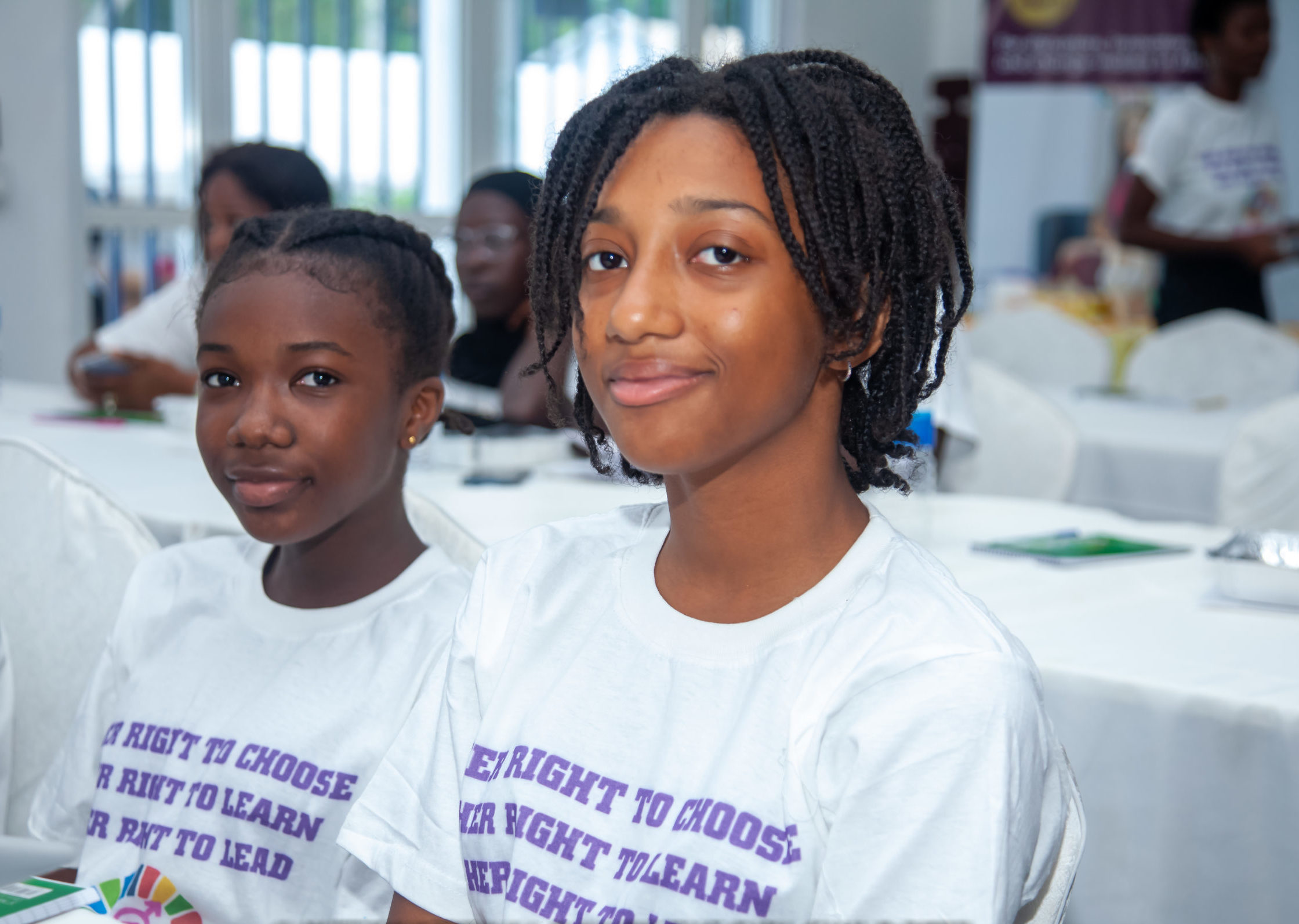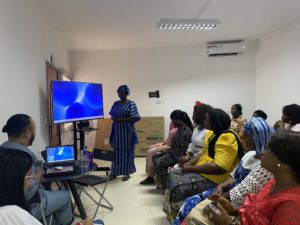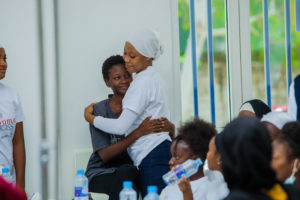 Women everywhere are affected by gender inequity, and African women are no exception. Despite recent advancements in women’s empowerment, there are still several contemporary difficulties that African women must deal with in the workplace. Three of the most common problems confronting working women in Africa will be highlighted below.
Women everywhere are affected by gender inequity, and African women are no exception. Despite recent advancements in women’s empowerment, there are still several contemporary difficulties that African women must deal with in the workplace. Three of the most common problems confronting working women in Africa will be highlighted below.
One of the most significant difficulties that women encounter at work is gender-based violence. In Africa, women experience physical and sexual assault in addition to verbal and emotional abuse. According to the International Labor Organization, one in three African women had suffered gender-based violence at work in 2019. This violence impacts women’s physical and mental health, reduces productivity, and increases absence from work. Cultural and social standards that justify violence against women exacerbate the problem of gender-based violence. Women are frequently made to feel guilty for the abuse they endure and are discouraged from speaking out. Gender-based violence often goes unpunished, which perpetuates the cycle of violence.
Another problem affecting working women in Africa is unequal compensation. Despite exerting the same effort and working the same number of hours, women in Africa earn less than men. The World Economic Forum estimated that in 2020, women in Africa earned, on average, 67 cents for every dollar earned by men. This unequal remuneration makes it difficult for women to meet their financial needs and forces them to become more dependent on their partners. The problem of unequal pay is compounded by the lack of transparency in pay structures and poor implementation of equal pay regulations. Many women are unaware of their rights and are hesitant to speak up out of fear of losing their careers.

Due to societal and cultural expectations that men make better leaders than women, women in Africa have a difficult time obtaining leadership roles. Women are frequently overlooked for such positions, and when they are considered, recruitment procedures are often biased against them. Limited access to positions of power hinders women’s career advancement, keeping them at lower levels.
The lack of mentorship and sponsorship opportunities for women further exacerbates the problem of limited access to leadership roles. Women often lack the networks and relationships needed to advance in their careers, making it challenging for them to break through the glass ceiling. Working women in Africa face considerable challenges due to gender inequality, which must be addressed to assist women in overcoming these obstacles. To promote women’s success and growth in their professions, a fairer and more inclusive workplace must be created.


African governments and organizations must seek to establish safe working conditions for women to address the problem of gender-based violence. This involves implementing laws and initiatives that promote understanding of gender-based violence and aid victims. It also involves implementing severe sanctions for gender-based violence and holding offenders accountable for their actions. They must also implement equal pay legislation and develop open pay systems to address the issue of uneven pay. This includes educating women about their legal rights and equipping them with the knowledge and tools needed to negotiate fair pay.
African leaders must endeavor to develop mentoring and sponsorship opportunities for women to address the issue of inadequate access to leadership positions. This includes building connections and networks for women to advance in their careers and providing them with the education and tools needed to succeed in leadership roles. It is time for African governments, organizations, and citizens to take action to end these current problems and provide women with the tools they need to succeed in the workplace. We can all benefit from a more equal and inclusive workplace if we work together.
Written by: Ngoneh Sosseh intern at The Woman Boss
Ngoneh SossehWorking women in Africa face considerable challenges due to gender inequality, which must be addressed to assist women in overcoming these obstacles.